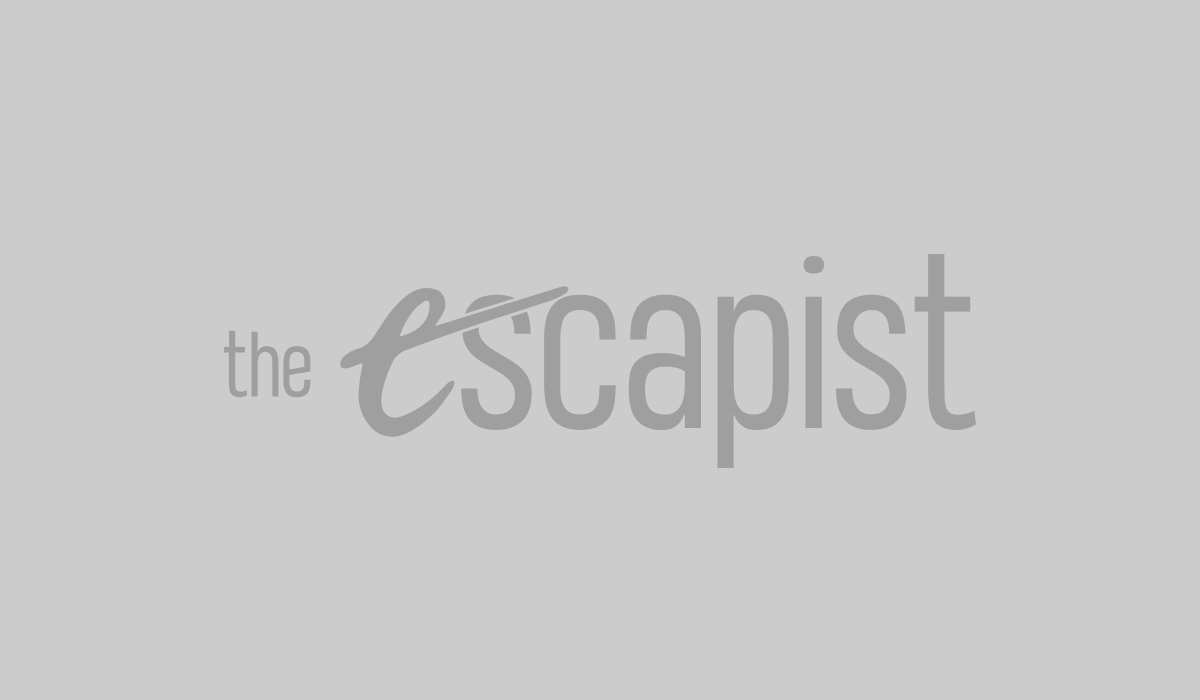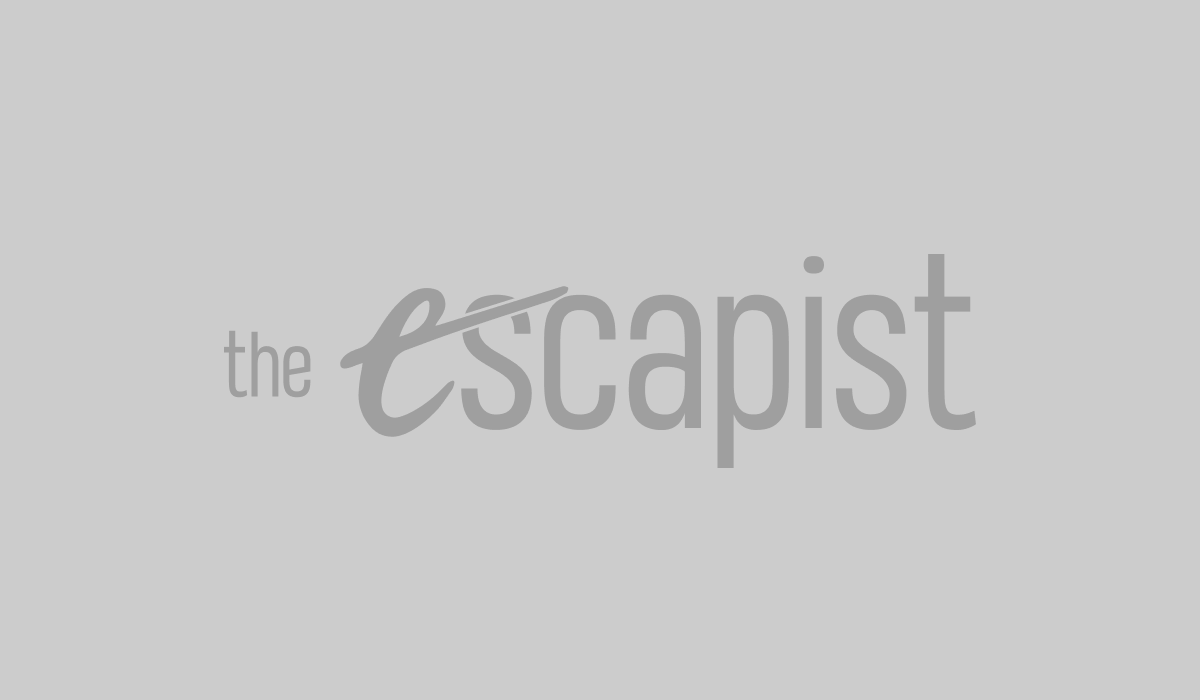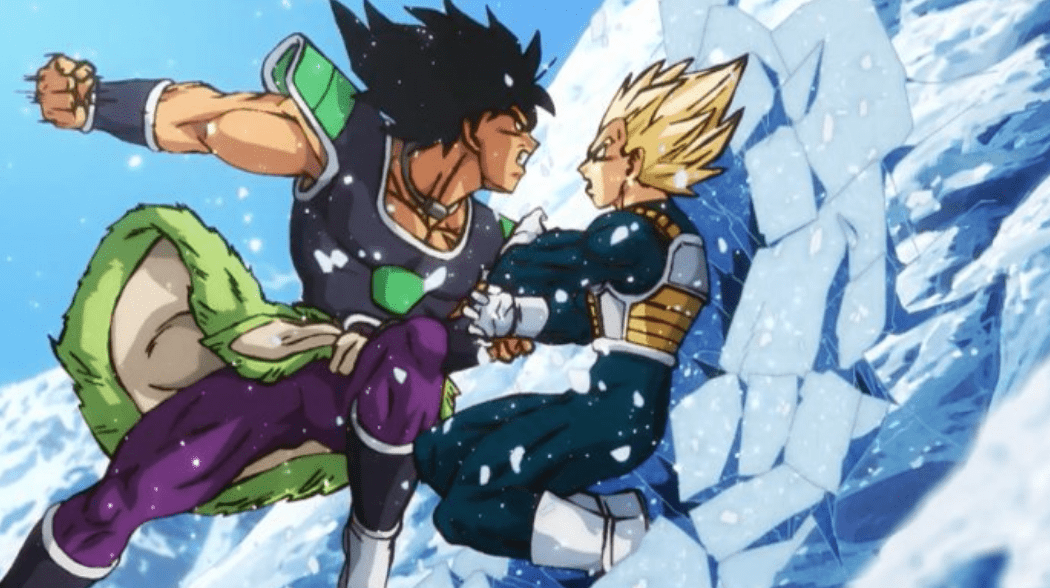One year ago, journalist Ronan Farrow interviewed Rose McGowan. Maybe you don’t recognize these names, but you know Harvey Weinstein’s. McGowan is one of several actresses who’ve said that Weinstein raped or otherwise sexually assaulted them. The interview goes to some shocking places, recounting a truly systemic kind of abuse including a planted detractor at a book signing, a wallet smeared with cocaine, private investigators, and corporate executives who discredit and threaten victims. Farrow guides this account, but not at McGowan’s expense. It’s her story.
A mythology is a collection of narratives which reflect and inform their culture. Characters are just one part of that. As our culture changes, so do our stories. New characters bring new perspectives on old ideas. Characters like Cheelai and Lemo, who address abuse in the 30-year-old Dragon Ball series.
In Dragon Ball Super: Broly — which does not consider the old Broly movies canon — series newcomers Cheelai and Lemo happen upon the exiled Saiyans Paragus and Broly while looking for recruits for series villain Frieza’s army. With the opportunity to take revenge on surviving Saiyans, Paragus offers Broly to Frieza as a weapon. He characterizes Broly as a force of destruction, the peak of his race. Broly says nothing.

This new Broly lacks the ornamental mind-control gear which kept his former incarnation docile. Instead, he has a shock collar. Paragus fears a homicidal rampage that can’t be stopped; he fears the old Broly, who does not exist. Dragon Ball Super: Broly is constantly threatening the return of the Legendary Super Saiyan, that great beast who explodes from the body, but he never actually shows up. The new Broly is characteristic of the old Broly, but there’s an important context to him: he’s not homicidal. He’s hurt, and it’s Paragus who hurts him.
The scene where Paragus shocks Broly to reign him in is uncomfortable. Paragus is an abusive father. He enacts cruel and unusual punishment against his son. He treats Broly like an object to meet his ends. To top it off, Paragus tells Broly he can’t speak to his new friends, Cheelai and Lemo. If the shock collar, denial of social autonomy, and fear mongering aren’t enough, consider this: Paragus mutilates Broly’s pet Ba because he’s upset that they were “playing, not training.” The green pelt around Broly’s waist is Ba’s ear, which Paragus cut off.
Dragon Ball Super: Broly is a movie steeped in abuse. This is not the hottest take. Broly’s position as abuse victim has been picked up on by other publications and in fan discussion. While Broly is central to this discussion, he is not the only victim, and Paragus is not the only perpetrator.
Frieza has always despised the Saiyans. This movie recreates the famous scene from Dragon Ball Z where Frieza destroys the Saiyans’ home planet, Vegeta, but it also elaborates on their relationship. In the 1990 TV special Dragon Ball Z: Bardock — The Father of Goku, we see Saiyans who seem happy to carry out Frieza’s orders with neither fear nor malice. It doesn’t change the fact that Frieza destroys them, but it’s a very different picture from the one in this movie, where King Vegeta has snipers targeting Frieza during a conversation only to have them all wiped out in one shot.
There’s also a strange parallel going on between Frieza and Bulma, a character who’s been with the series since its first episode. They both want the Dragon Balls so they can wish for minor adjustments to their physical appearances: Bulma wants to look five years younger and Frieza wants to be five centimeters taller. Bulma has been a victim of sexual abuse presented as gags since the original series, but the Super series swaps base perversion for rude and unwarranted comments about Bulma’s age and physical appearance. The movie hints that Bulma has made de-ageing wishes before. While the parallel with Frieza frames this as an abuse of power, her actions should be viewed in the context of decades of verbal abuse and sexual harassment.

This narrative is further complicated by the film’s casting. Vic Mignogna, the voice actor who plays Broly in the Funimation dub, is at the center of a callout campaign. While the allegations against him are numerous, the most common one appears to be sexual abuse. Many young women — who were or still are under 18 years old — have come forward with stories, photos, and videos detailing uncomfortable interactions with Mignogna at anime conventions. As reported by Polygon, some of these events date as far back as 2010.
In his interview with McGowan, Farrow said, “When women come forward … that’s great … it’s then incumbent on reporters to do right by that … to interrogate it as thoroughly as possible, and … lend credence where it’s due.”
The stories from the #KickVic campaign aren’t just coming forward now. These events have been known for years. They’ve been in forums, on blogs, and on Twitter. But these stories have been denied by people crying drama, those claiming to have had positive interactions with Mignogna, and by Mignogna himself. While you can find an active counter campaign supporting Mignogna, the #KickVic effort also has supporters. People who have no stake in this are listening.
Cheelai and Lemo are the luckiest people in Dragon Ball. They have the rare privilege of being trusted by someone who has been terribly hurt when Broly confides in them the story about Ba’s ear. We need to be Cheelai and Lemo for these women. We should have been all along.





Published: Feb 1, 2019 02:00 pm